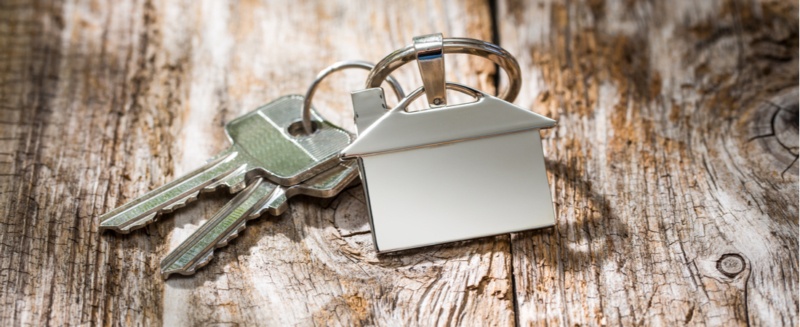Handling tax issues with a rent-to-own home can cause some tension between the landlord and tenant. You’ll want to have all the details before you make your next move.
Q: I’ve been renting-to-own a home for a little over a year now. The owner of the home told me he would continue to pay the taxes each year. He now lives in another state but the tax bill came in on the property and it’s over $900.
Normally in my area the property taxes top out around $150 per year year. I’m assuming he has not been paying the taxes for some time now and has told me to take care of the taxes!
Do I have any rights or anything at all when it come to this matter? Does the property become mine? I’m a single mother of two boys taking care of this home by myself and I just don’t have that kind of money lying around.
A: Your lease agreement certainly provides for you to pay rent to the landlord. In exchange, the landlord gives you a place to live and takes care of the repairs to the property along with the payment of real estate taxes. Having said that, just because the real estate taxes are $900 does not mean that he failed to pay real estate taxes in the past.
In many states, if you don’t live in your home or you rent out a home, the real estate taxes are substantially higher. We’ve seen real estate tax bills increase 500 percent when the home is a second home or an investment property. You should take a further look at the tax bill and determine if the $900 is for one year or if it shows prior years’ tax bills as unpaid. You can even call the phone number on the real estate tax bill and ask them for an explanation of the bill.
Should you decide to pay the bill, you’ll need to have an understanding with the landlord that you will deduct the amount you pay from your rent payments. You shouldn’t be out money if you pay his tax bills. Preferably, you should request that he pay the tax bill himself, but if he doesn’t have the money at this time, it might be easier for you to pay it and know that the bill is paid to avoid long term problems with the taxing authority where the home is located.
A bigger concern for us is whether the landlord has a mortgage on the home and whether he is paying that mortgage. Before you put any money down on taxes for him, you would want to make sure that he has paid and is current on the mortgage. If he is not current on the mortgage, the lender may foreclose on the property. If the lender forecloses on the property, the lender may elect to terminate your lease and you’ll have to find another place to live.
Our advice would be to make sure the bill is for the current year, find out if all of his bills are paid against the home – especially the mortgage – and then decide how you want to proceed in making your rent payments or helping him out with the payment of the real estate tax bill. Remember, if you pay any bills for him, make sure you have something in writing from him authorizing you to pay a specific amount on his behalf and authorizing you to deduct any payment you make from your rental payments.
Good luck.







Leave A Comment